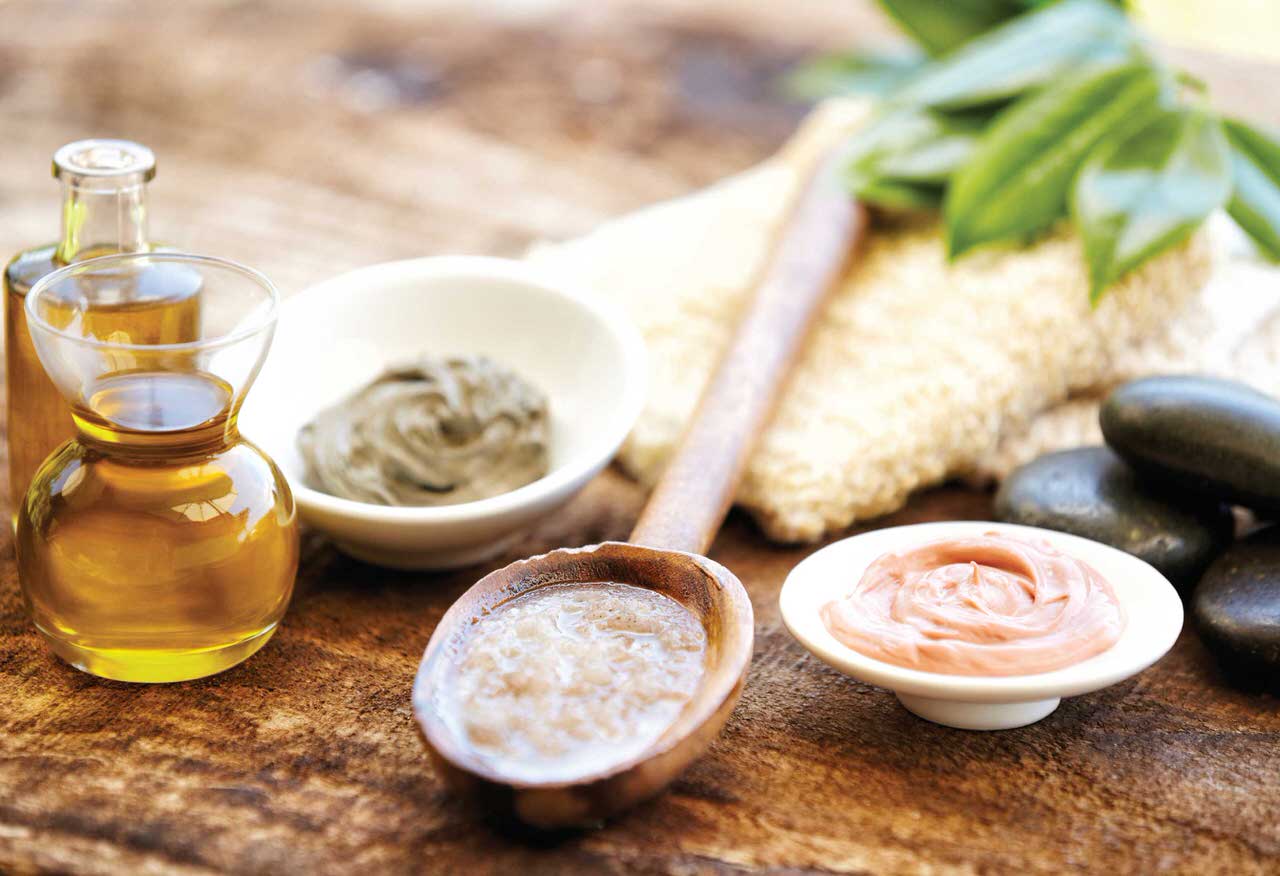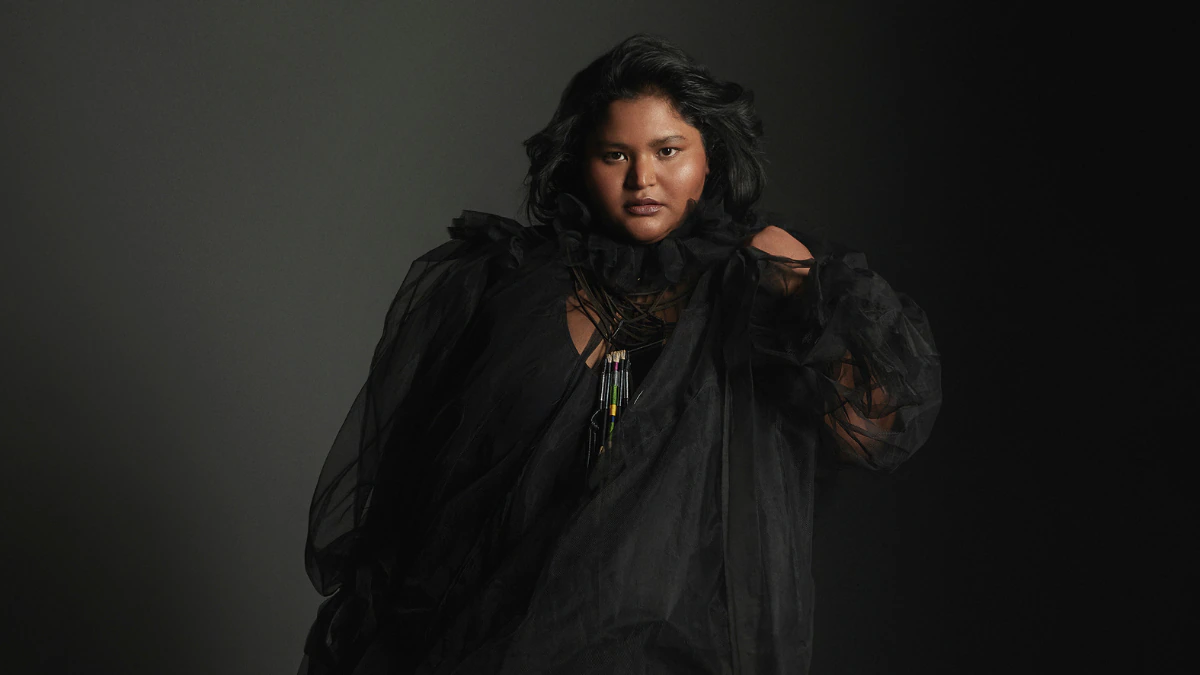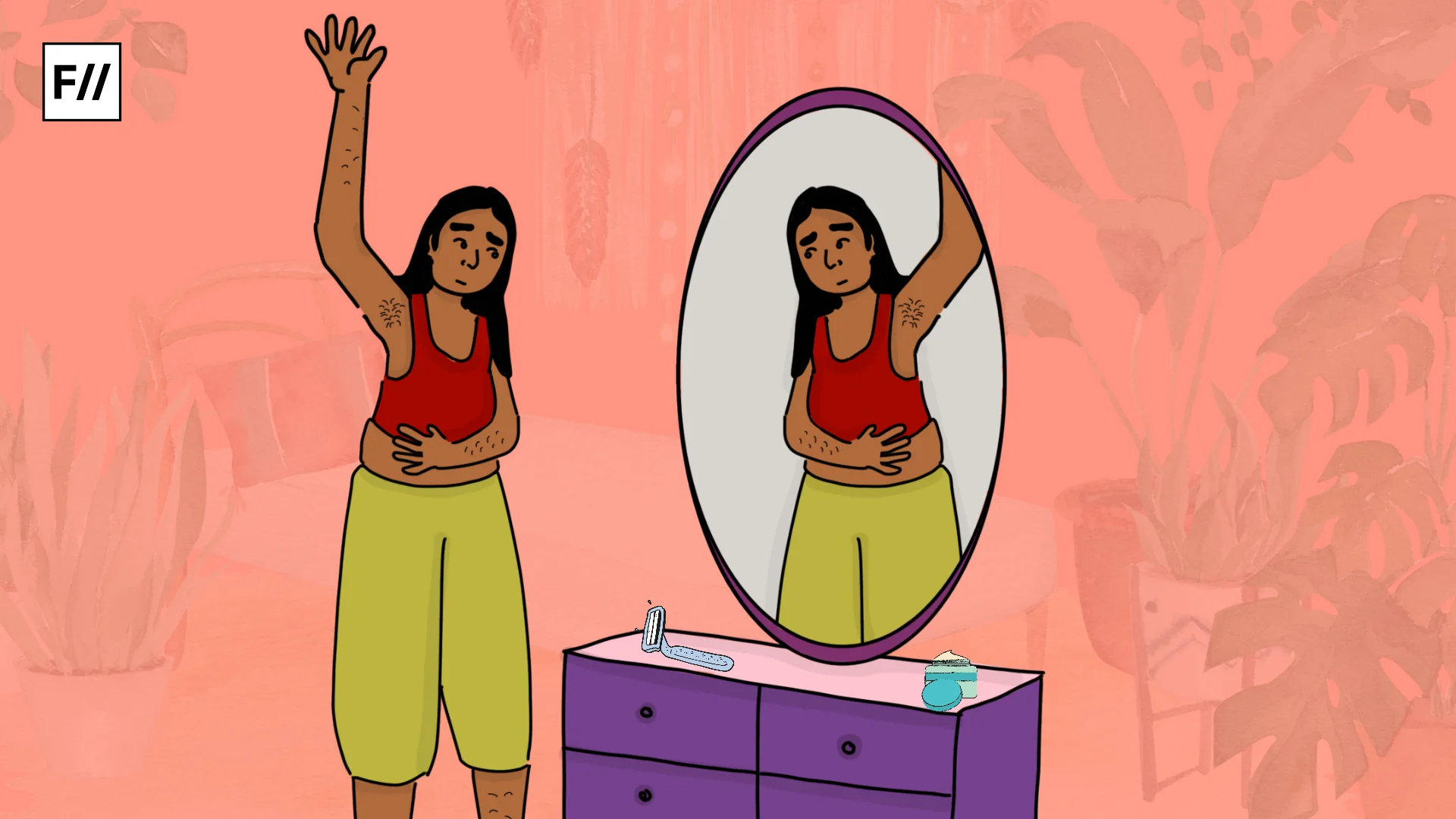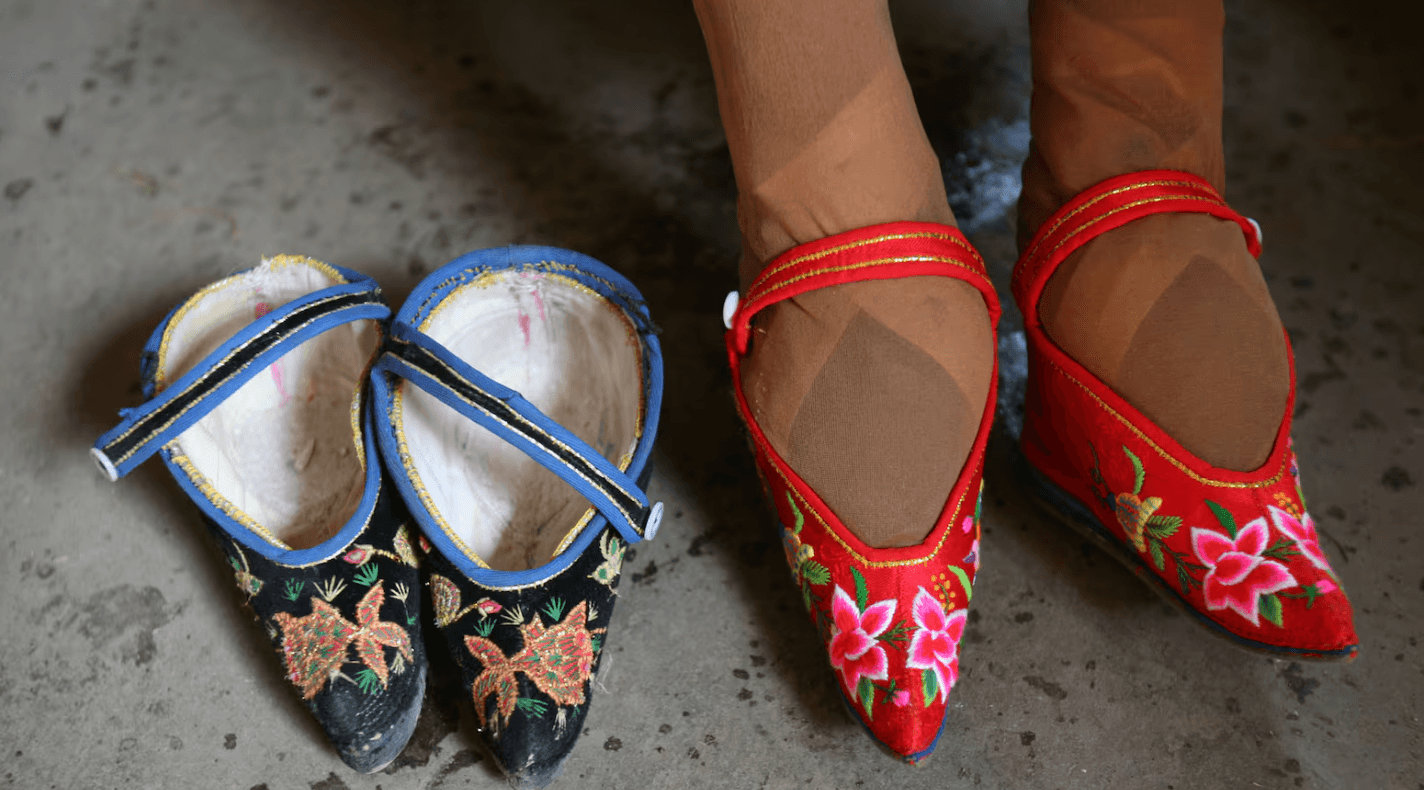We all have heard arguments against makeup and the whole “beauty industry” that is responsible for promoting and selling insecurities. Women are ‘products’ that have to be perfectly polished and perfect, to hide imperfections of the body. Makeup is also seen as the marker of affordability of certain products and hence, an aspiration towards a standard of beauty that reaffirms one’s class status. Needless to say, using makeup is a marker of flippancy in some social circles, and an absolute necessity in others.
The factor of exploring the choice and what motivates it is seldom explored. The market forces that sell beauty products are of course, not created in a day. They are very much a product of our society and cultural conceptions of compulsory beautification of women. I am going to talk about the alternate category that haunts women when they speak for or against the makeup: that of “natural beauty”.
We have often heard things like:
“You don’t need makeup, you are naturally beautiful.”
“Basically, makeup is false advertisement. People (read men) prefer your original face.”
“You are not old enough to wear makeup!”
”If you had invested your time and energy elsewhere, you would have avoided the label of bimbo.”
And on the other side:
”Do something for <lists 100 flaws>, for god’s sake! it looks ugly”
‘You are pretty but you need to work on your beauty regime to fit the standards of desirability.”
All of these arguments use women’s desirability as their chief pointer and decide how EXACTLY women MUST look desirable.
Variations of these kinds of arguments can always be heard always around women. One thing that they have in common is that they all tell women what to do. All of these arguments use women’s desirability as their chief pointer and decide on when and how women are to look desirable. Hence, the quotient of choice is already demeaned.
One of the spectres that always hangs around is the notion of women being ‘naturally beautiful’. It is a homegrown idea that women have to be beautiful – easily and effortlessly for the gaze of an audience that will scrutinize her ‘imperfections’. And she can’t afford to have any. If there is a flourishing beauty industry out in the markets, this is one that exists right from the beginning of women’s socialization.
The notion of women being ‘naturally beautiful’ is rooted in the notion that women MUST be beautiful – FOR THE MALE GAZE.
Whether it be the ‘home remedies’ like besan, haldi, chandan etc. to lengthy discussions on the product types and brands of beauty products – there is little difference in the motive of both that makes women’s appearance the primary object of consideration except that the latter is understood to be essentially motivated by capitalist market forces and body-image production.
Yet, the two are not isolated as the both feed off on each another and hence, there is no “less industrious” form of beauty production. Therefore, it is not surprising to see beauty brands trying to cash on the idea under the guise “natural and holistic” beauty, while subscribing to the same ruthless advertising catered at women’s insecurities as more conventional makeup brands. Brands like Himalaya, Lotus, Patanjali etc. are the few names in race. Apart from the conventional application of chemicals on body versus the processed ‘natural’ products, the argument and the advertising leans towards ‘Nani-Dadi’ brand of beauty, which is supposedly more enduring.
Brands selling “natural beauty” reinforce the notion THAT women using makeup ARE vamps or bimbos.
One can also take cue from Patanjali’s ad featuring two sisters: Saundarya – who prefers ‘natural’ beauty products and doesn’t use makeup versus her sister Aishwarya – who uses ‘western’ beauty products and hence, loses her charm. This notion of women using makeup being portrayed as a “vamp/bimbo” is surprisingly common in most social circles. It cashes on the idea of “good girls” being made desirable when required by certain forms of gaze, and “bad”ones/ “dumb” ones being dismissed if they interpret the regime of beautification in their own way.
Makeup is now been used as a creative outlet by many. For many, it becomes the idea of taking the aesthetic control of body in one’s own hand in a world that constantly tells women to ‘adjust’ their appearances in a certain ideal.
Similarly, not wearing makeup is also a valid choice. And this is not because ‘people/men’ prefer an ‘original’ face, but because the person (man or woman) doesn’t want to, doesn’t have enough time or will for it, or simply doesn’t believe in the idea of the makeup or conforming to beauty standards.
The attack on makeup is a double edged sword in a society that tells women to be beautiful, demonizes them for taking their desirability in their own hands and then tells them to be “naturally beautiful”. Then, this old-new brand of natural beauty markets itself as a solution to the “problem” of makeup, all while standing on the same foundation of hypocrisy that makeup does.
The choice of women (and men) who choose to wear or not wear makeup shouldn’t be discounted.
While the factors of the production of body images by the beauty industry and capital-based motives have to be accounted for in these evaluations – it is also imperative to remember that the arguments used for and against “makeup” versus “natural beauty” is focused on training women to perform for the male gaze in situations that will redeem them as ‘desirable’, ‘naturally beautiful‘, and ‘smart’.
It is always problematic for society when women claim this desirability for themselves. Social contexts and how women are seen in them are too diverse and plural to gºive a one-shot formula for or against ‘natural beauty’ which is an insidious production of the “capital beauty”. What shouldn’t be discounted is the choice of women (and men) who choose to wear or not wear makeup.
About the author(s)
Richa Thakur is a literature student who reads people and books wherever she goes. Researcher and experimenter by technique, she is currently concocting formulas to fight all kinds of patriarchy.




